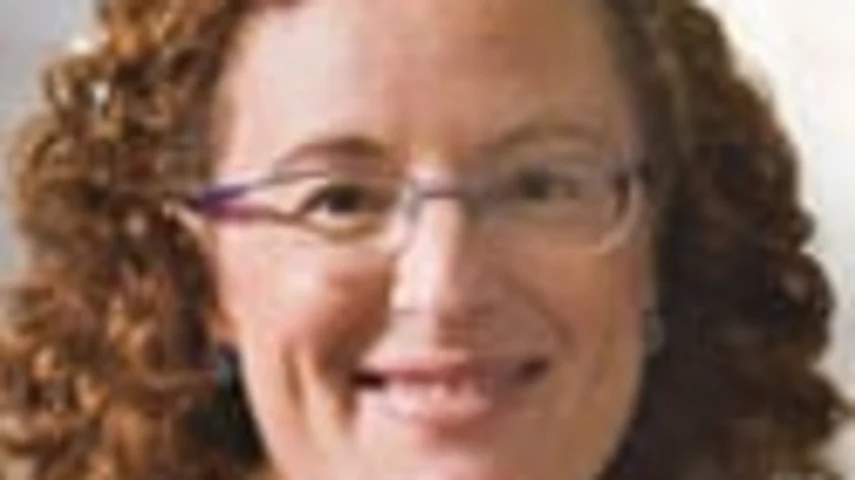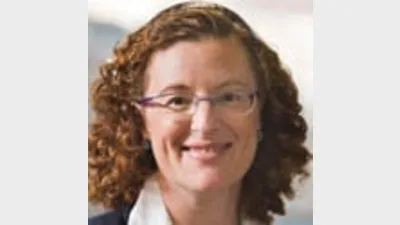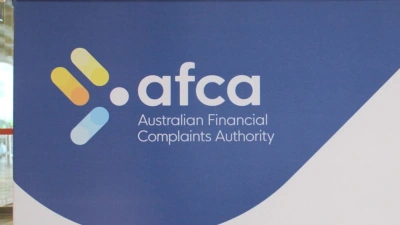FPA considering tertiary education minimum



|
|
The board of the Financial Planning Association (FPA) is considering whether to make tertiary level education the minimum standard for entry into financial planning.
FPA chief Jo-Anne Bloch confirmed the association was considering higher minimum education levels for advisers.
Education levels for advisers have been one of the key points for discussion in the parliamentary inquiry into the financial services industry.
Speaking on the ABC’s Inside Business yesterday, parliamentary inquiry chairman Bernie Ripoll said standards must be raised, pointing to the FPA as one body appropriate to do so.
"We need to raise the standard in terms of the educational level of advisers and the way products are sold, that understanding about products and the impact of advice, particularly if we look at areas of margin lending and gearing and leverage," Ripoll said.
His view is that the "current standard that exists is perhaps too low a bar".
Ripoll acknowledged that increasing numbers of advisers now have university degrees or are highly qualified.
"Unfortunately, it's not required by law and, unfortunately, it's also a case that that's not the general consensus across the sector. But I think that's where we're moving to in a natural sense and I think that's where we will be in the coming decade."
Recommended for you
ASIC’s court case with Interprac is causing advisers to explore the possibility of self-licensing, according to My Dealer Services, as they observe the reputational damage it can bring to a practice.
AZ NGA has entered a strategic partnership with a Sydney advice firm with $600 million in assets under advice to support its succession plans and future growth.
With complaints on the rise and an expanded jurisdiction, the Australian Financial Complaints Authority is on the hunt for four C-suite roles, three of which are newly-created positions.
Ahead of the 1 January 2026 education deadline for advisers, ASIC has issued its ‘final warning’ to the industry, reporting that more than 2,300 relevant providers could be on their way out.










